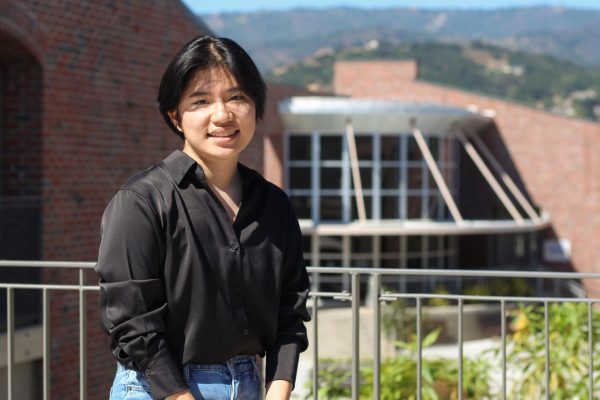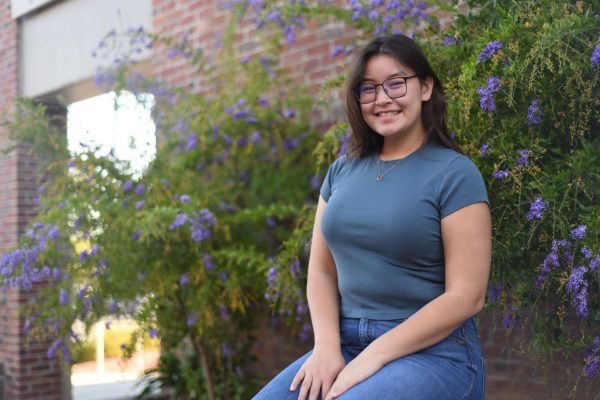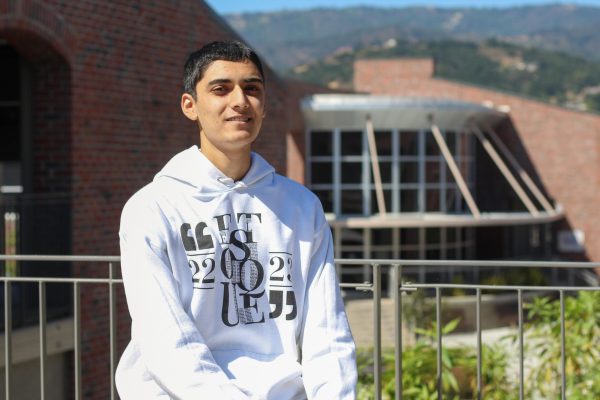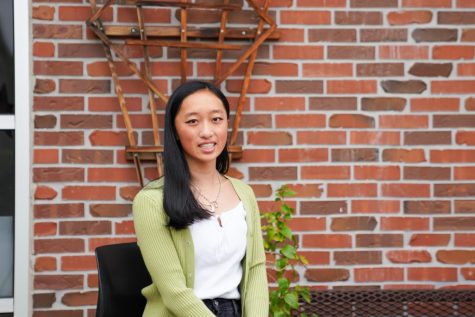Teachers take on new positions
Examining how students and teachers adapt to position changes
September 9, 2022
Alongside a group of fellow AP teachers, Biology teacher Lora Lerner spent four days of her summer at AP Summer Institute gaining familiarity with curriculum and labs as she prepared to trade in one session of her tried-and-true Biology classes to teach a period of AP Environmental Science. Lerner is one of many teachers taking on new roles within the MVHS community this coming fall.
As students and teachers prepare to return to MVHS for the 2022-2023 school year, changes in staff positions have become relevant topics of discussion. Though some were anticipated and others may have come as more of a surprise, MVHS is no stranger to this process.
Click here to view the accessible version of this interactive content
In the past few years, MVHS has seen multiple teacher shuffles when some teachers retire and others move to different schools or are teaching new courses. This means that the remaining teachers have been rearranged to fit the circumstances, with some, like Lerner, taking on new classes.
Likewise, Biology teacher Kenneth Gan is becoming the new MVHS Leadership advisor, following the departure of former advisor and Physiology teacher Jenna Smith.
Senior Julianna Kimm thinks Leadership will change significantly under Gan’s guidance, as she felt Smith played an integral role in the energy and culture of the class. However, Julianna still believes that Gan’s involvement is a good adjustment from previous years.
“Mr. Gan wants to implement…more structure, so that we stay on top of things a little bit more this year,” Kimm said. “[For instance], if we don’t show up to a dance or something, it’s gonna be reflected in your grade.”
Likewise, Lerner also looks forward to her new role; taking on APES presents her with a welcome challenge after years of teaching freshman Biology, a course she says she’s come to know like “the back of [her] hand.”

Ben Clausnitzer expressed that he was not concerned about teacher changes as he felt that all teachers were qualified to teach their new classes. (Darpan Singh)
However, with some teachers being new to their subjects, concerns have been raised regarding challenges that they have to adapt to, such as less experience and unfamiliar content.
“If it is someone that’s new to a particular course, the hope obviously is they’re not just in isolation by themselves,” Clausnitzer said. “[The hope is] that they will be able to work with other teachers [in the same course] for success.”
As a matter of fact, Lerner believes that being a first time teacher might be an advantage rather than a drawback. To her, teaching APES for the first time will put her in a position to better understand and help her students. She points out that when a teacher has taught a subject for a long time, they forget what it felt like to not know it at all, making it harder to relate with a student’s struggles. By teaching the content for the first time, Lerner said that puts her in the same boat as her students.
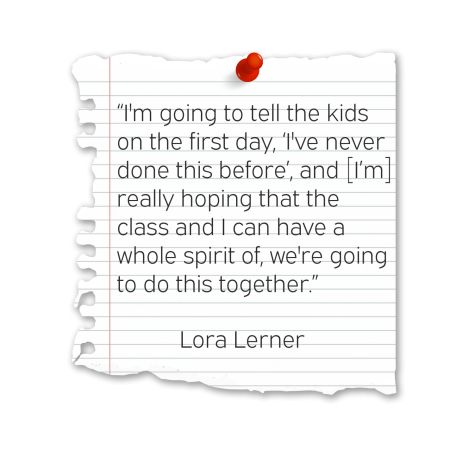
“I’m going to tell the kids on the first day, ‘I’ve never done this before,’” Lerner said. “And [I’m] really hoping that the class and I can have a whole spirit of, we’re going to do this together.”
Senior Suhani Vakhariya, who is taking APES this year, adds that even if a teacher may not be as familiar with the material, how much they know doesn’t necessarily correlate with a student’s success in the class.
“I feel like there’s this belief and stigma in all my peers’ mindset that your success in classes is determined by who you get as a teacher,” Vakhariya said. “This is an unpopular opinion, but I couldn’t disagree more. I believe it’s how hard you work to not only connect with your course material, but it’s how willing you are to really build a connection and a relationship with your mentor and your teacher.”
Kimm takes a similar stance, stating that Gan’s fresh take might actually be just the thing that Leadership needs. She believes that Gan’s teaching methods will push them to make the class more structured and subsequently “help [them] focus on what [they] need to do [to] help the student body.”
Although the unexpected changes have thrown some students for a spin, Vakhariya has remained optimistic for what the APES class with Lerner will look like next year.
“Sure, I’ve heard from my peers that she can be a challenging teacher, but I’ve chosen to embrace this,” Vakhariya said. “On the other hand, I’ve also heard that she puts in a lot of effort to position her students up for success, and she really likes to work with you. So I believe that it’s like my job to rise up to the challenge, and I’m just really looking forward to being in her class and learning from her.”




